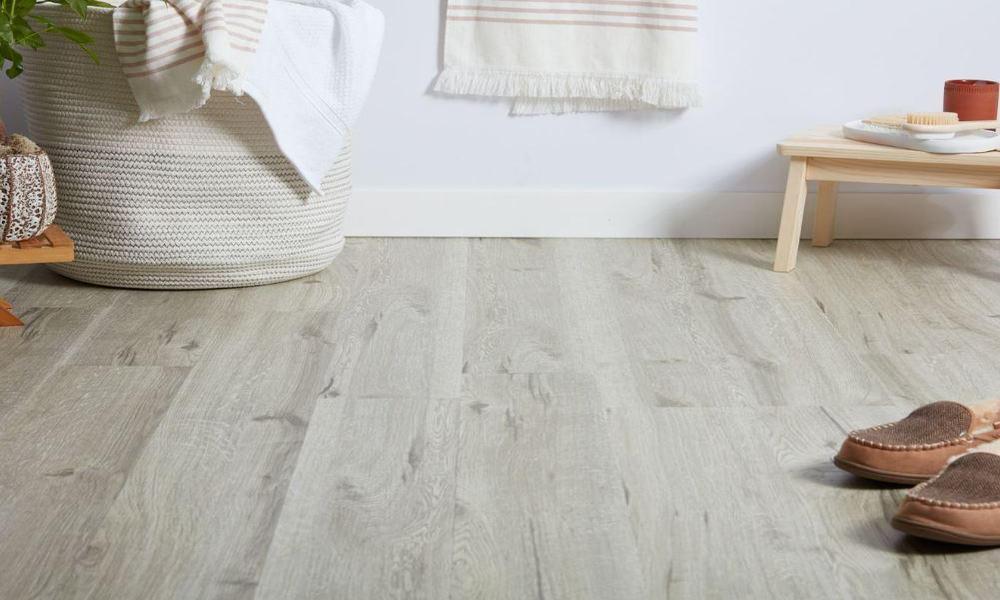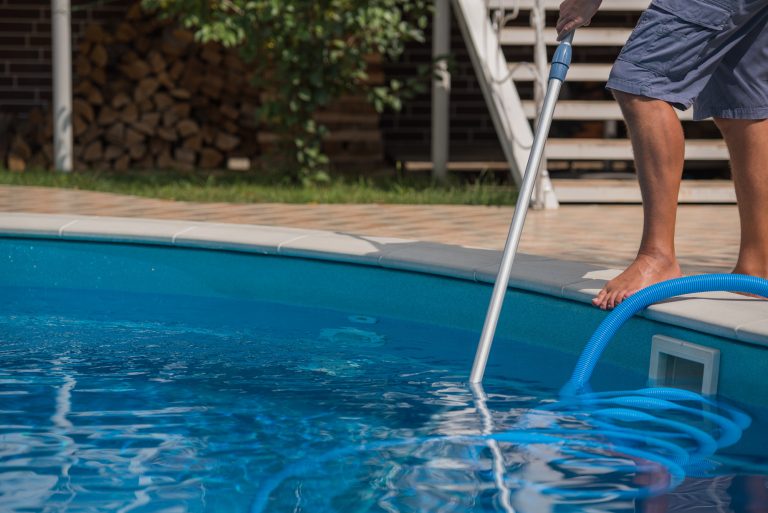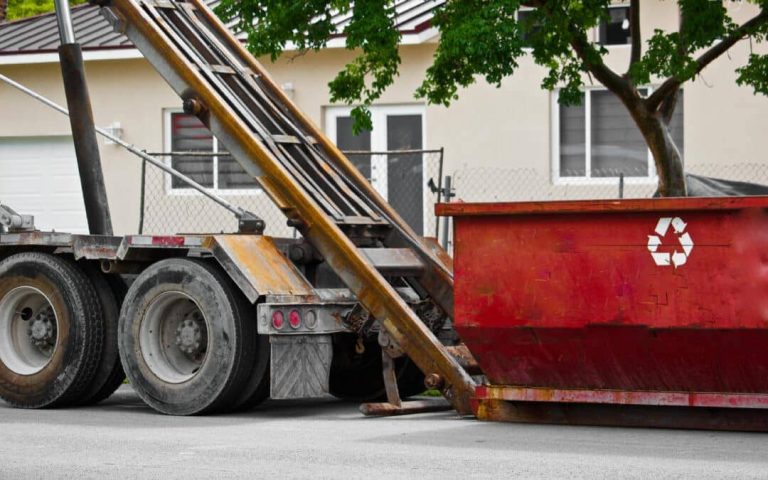
If you’re looking for a durable, affordable, and stylish flooring option that can stand up to heavy foot traffic and spills, vinyl flooring might be just what you need! With its many different types and properties, vinyl flooring has become increasingly popular in the world of interior design. From luxury vinyl planks to sheet vinyl, this versatile material offers homeowners plenty of options to choose from. In this blog post, we’ll explore the characteristics and properties of vinyl flooring so that you can make an informed decision when choosing your next floor covering. So let’s get started!
The Different Types Of Vinyl Flooring
When it comes to vinyl flooring, there are several types available in the market. Each type has its unique characteristics and benefits that make it suitable for specific areas of your home.
- Firstly, sheet vinyl is a popular option due to its affordability and durability. It’s perfect for high-traffic areas as it can withstand wear and tear without showing signs of damage easily.
- Secondly, luxury vinyl tile (LVT) mimics the look of natural materials like wood or stone but with added durability. LVT is an excellent choice if you want the appearance of traditional hardwood or ceramic tiles without the maintenance hassle.
- Another popular type is luxury vinyl plank (LVP), which resembles real wood planks. LVP offers versatility in design options, from rustic reclaimed looks to modern sleek lines that complement any room style.
- Rigid core vinyl combines multiple layers to create a sturdy flooring option that resists water damage effectively. Rigid core vinyl is perfect for bathrooms and kitchens where spills may occur frequently.
Choosing the right type of vinyl flooring depends on your preferences, budget, and lifestyle needs.
Factors To Consider When Buying Vinyl Flooring
When it comes to buying vinyl flooring, there are a few things that you should keep in mind to ensure that you get the right product for your needs.
- First and foremost, consider the thickness of the vinyl. This will impact its durability and ability to withstand wear and tear over time. Thicker vinyl is generally more durable than thinner options.
- Next, take a look at the backing of the vinyl flooring. A good quality backing can help prevent damage from moisture or humidity over time.
- You’ll also want to pay attention to any additional features or benefits offered by specific products. Some may be stain-resistant, while others may come with built-in padding for added comfort underfoot.
- Consider your budget as well. While some high-end options can be quite costly, there are plenty of affordable choices available as well.
- Make sure that you choose a style and design that complements your home’s decor and suits your personal taste. With so many options on the market today, finding one that fits your unique needs shouldn’t be too difficult!
Conclusion
Vinyl flooring, undoubtedly, is one of the most popular flooring choice among homeowners due to its durability, affordability, and easy maintenance. With its ability to mimic the look of natural materials like wood or stone, vinyl flooring offers endless design possibilities that can fit any style.






